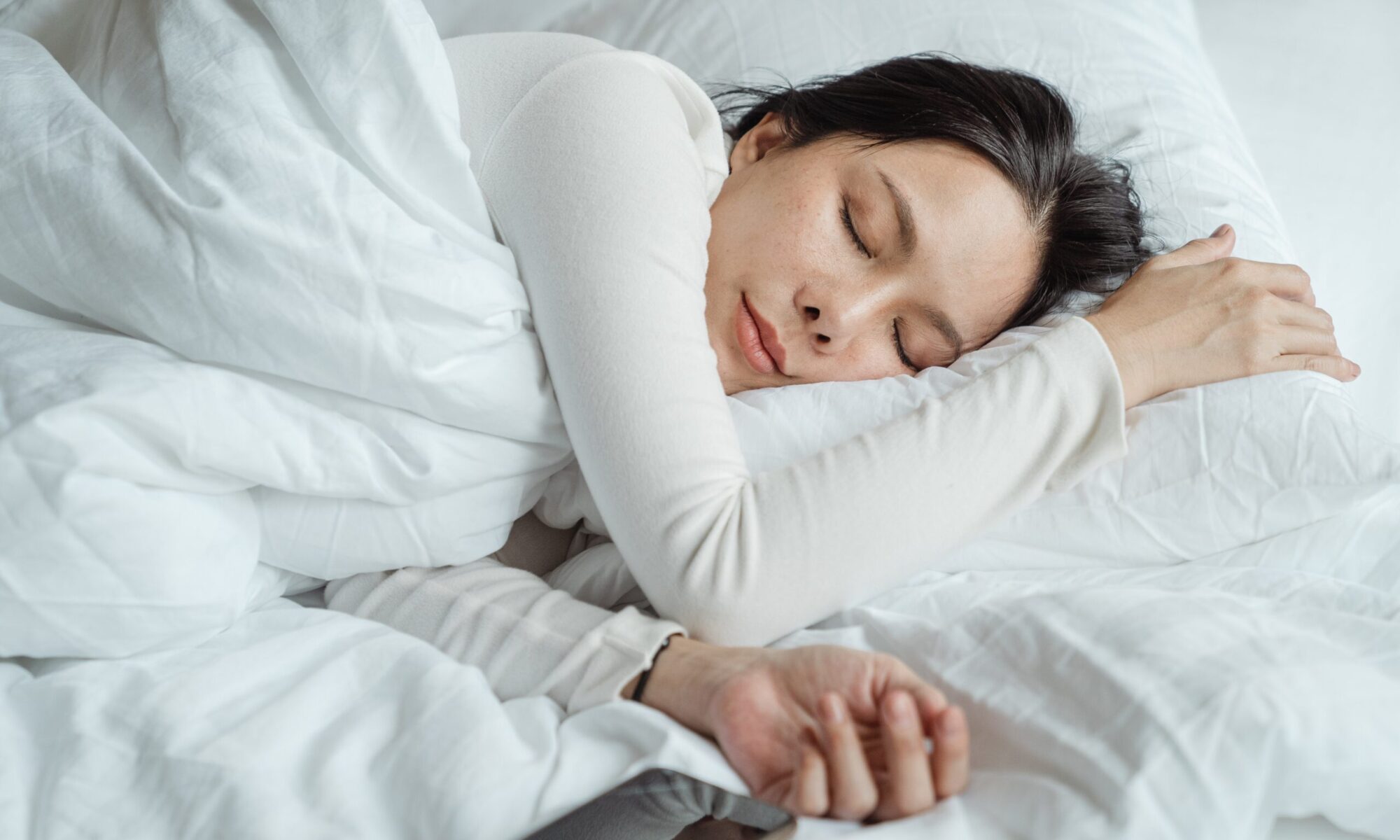The dentist’s role in sleep disordered breathing: A review 1
The evolving world of sleep disordered breathing that is snoring, obstructive sleep apnea and its variations, along with their consequences – is just that – “evolving”.
As with other “new”, “topical” or “evolving” diseases that carry either economic or political benefits to those involved, various clinical (and administrative) groups clamour for involvement or supremacy in that particular area.
As in most walks of life this blinkered view may block out other aspects of treatment or management that could otherwise benefit patient care.
We, as professionals, must therefore maintain self-vigilance in our hurry to gain ownership of diseases. This is certainly the case in the protocols being advanced for sleep disordered breathing, (SDB).
While dentists shouldn’t “own” this, anymore than other medical disciplines, they are often the first group to be forgotten or indeed cut out of it entirely – again to the cost of patient care – sometimes I find it difficult to play “Devil’s Advocate” and find an acceptable reason for this.
The medical profession has in the past been seen by some as somewhat arrogant in its assumption that they alone have the rights to all medical disease processes and/or their management or treatment.
In this case dental treatment can sometimes provide significant benefits, in bettering medical management.
Yet, although dentists are ideally situated and have an important role related to sleep disorders, there is a concern about how far dentists can go when screening or treating these patients.
Recently a group of researchers in Universities in Canada, Brazil, and Spain reviewed the guidelines, recommendations, and studies designed with the intention to investigate and report on this.
The objectives of this study followed concerns about how far dentists can go when screening or treating these patients. The guidelines, recommendations, and studies were generally designed with the intention to describe and guide the role of dentists in sleep-disordered breathing is of course important information for the patients who will be impacted in this regard too.
Overall, a total of 1,432 studies were found in the 6 databases searched. In the second phase, 231 studies were evaluated by reading their full text.
Twenty-two studies matched the inclusion criteria prescribed for this study and it was possible to conclude that the guidelines described the role of dentists in screening patients for SDB/obstructive sleep apnea (OSA) as follows: refer the patients suspected of SDB/OSA to sleep physicians; apply, manage, and follow up the use of oral appliances.
The study goes on to report that all dentists should screen for SDB/OSA; however, only well-trained dentists with a good knowledge of dental sleep medicine should be part of the multidisciplinary team to treat patients with SBD/OSA. Other studies have highlighted the need to improve education for dentists.
Sadly these are probably both realistic and practical;. I say sadly as if we could (should?) take this further we could impact the epidemic that faces us all. On the other hand, these studies highlight the fact that we are failing as a profession to do even that which has been prescribed us – we should probably not be given further powers until we can show that we’re adequately fulfilling our basic remit.
On the other hand, physicians – who presently “own” SDB problems are probably statistically now (and have been for longer) failing their patients without any accountability what-so-ever. Most have no idea that we face an epidemic of a similar magnitude to diabetes, for which there is medicine which can be managed by ‘script’.
Sleep-disordered breathing (SDB) affects adults and children worldwide and previous studies (HypnoLaus study), which found rates of 49.7% for men and 23% for women.
The study found that dentists could play an important role in suspecting OSA, but they may need more education to cope with that.
Good sleep is crucial to good health and longevity
Stephen Bray 2020

